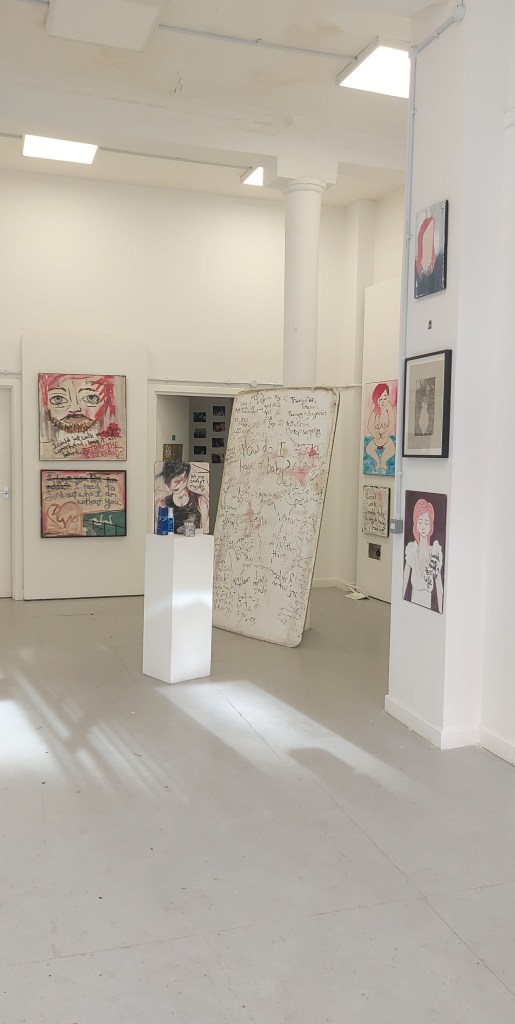Long-time readers of this blog will know I’ve been involved with National Novel Writing Month (NaNoWriMo) since 2010. This is a not-for-profit initiative that encourages members to draft a 50,000-word novel every November.
In 2015, I began to organise our local Dundee & Angus region. A local leader is known as a Municipal Liasion (ML). Each ML needs to sign an agreement every year promising to enforce the code of conduct, hold regular meetings, and so forth. In fact, we already go over and above the agreement by holding meetings every week, not just during November.
I always like having a second ML in charge to help me make difficult decisions. This turns out to have been a prudent move.
Late last year, a member of NaNoWriMo staff in California stood down after making a racist comment about a colleague. Separately, the organisation was slow to remove a forum moderator who was sending inappropriate material to minors.
As a reaction to this, a new Interim Executive Director was appointed without warning, who then released a draft ML agreement with several adverse clauses. These included requiring us to verify our identity with a US company that doesn’t comply with GDPR and preventing us from speaking to MLs in other regions. There has also been a general air of disrespect in replies from this Director, which I haven’t experienced in a decade and a half of involvement.
There are a lot of aspects to this story, but that’s a summary of the main points.
As the situation with NaNoWriMo worsened, the other ML and I started serious discussions about withdrawing our affiliation and becoming an independent group. Our format had slowly evolved over the years, adapting to what members wanted, and we felt we could retain this aspect without external oversight.
Around this time last week, we sent a long bulletin announcing our independence and offered the opportunity for members to ask questions.
The news seemed to go down well. By this time, the MLs from most of the other regions in Scotland had also decided to step down. If anything, the decimation of NaNoWriMo has brought us closer together.
The next discussions in our local area will be about what to do with this newfound freedom. We’ve already amended our terminology to distinguish ourselves from our former identity, registered a URL for future use and discussed holding a summer writing event instead of a November one.
Whatever happens, we remain convinced that withdrawing our NaNoWriMo affiliation is the right action to take and we look forward to the year ahead.



